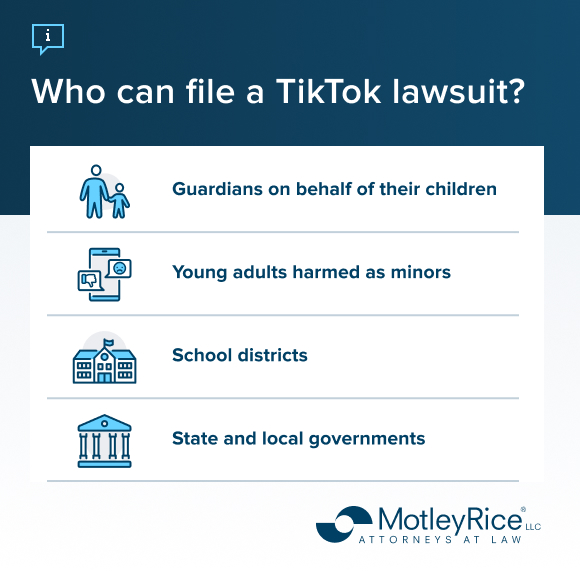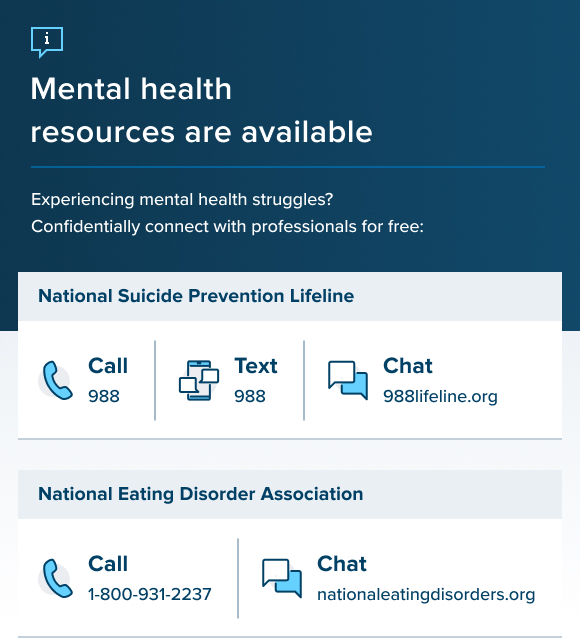Can I file a TikTok lawsuit?
Certain types of people may be able to sue TikTok over mental health harms.
If you're a young adult who used the platform as a child and developed a mental health condition because of it, you may be eligible to file a TikTok mental health lawsuit.
If you're the parent of a child or teenager who was similarly harmed, you may also be eligible to file a lawsuit against TikTok.
An attorney can help you sort through the facts of your case and explain your options.
Can I file a lawsuit over harms caused by TikTok challenges?
Section 230 of the Communications Decency Act provides companies with some protection from liability for content created by third parties. This makes it difficult for people to sue others over challenges that go viral on the platform.
However, a recent ruling out of the Third Circuit may be a signal that these sorts of lawsuits may face less opposition in the future. U.S. Circuit Judge Patty Shwartz, writing for the Third Circuit Court of Appeals, reversed a lower court’s decision that had dismissed a claim against TikTok over Section 230 protections. The Third Circuit found that TikTok could be liable for damages based on how it recommends content.
Does TikTok have to face lawsuits if it shuts down in the U.S.?
The Trump administration’s executive order paused the law requiring TikTok to shut down. The president has extended a deadline regarding a shutdown several times. On September 25, 2025, the president also signed an executive order to approve a proposal to keep the social media app operating in the U.S.
Whatever the outcome of any federal government or legal action, experts believe ByteDance will still have to face lawsuits alleging that TikTok is defective, addictive and potentially harmful to young users.
What does compensation from a social media lawsuit cover?
A lawsuit against social media could cover both “economic” and “non-economic” losses. Economic losses can include:
- Medical treatments
- Lost wages
- Current and ongoing therapy
- Benefits for wrongful death
Non-economic losses can include:
- Pain and suffering
- Emotional damage
- Loss of quality of life
What does a social media harm lawyer do?
A lawyer who litigates against TikTok can help you if you’re considering filing a mental health lawsuit for yourself or your child. An attorney with experience handling social media harm claims can listen and help you understand what legal options may be available to you. If you’re eligible to file a TikTok lawsuit, they can help represent you in the proceedings.
Motley Rice is accepting clients who are looking to file TikTok lawsuits. Reach out today for a free case evaluation.





